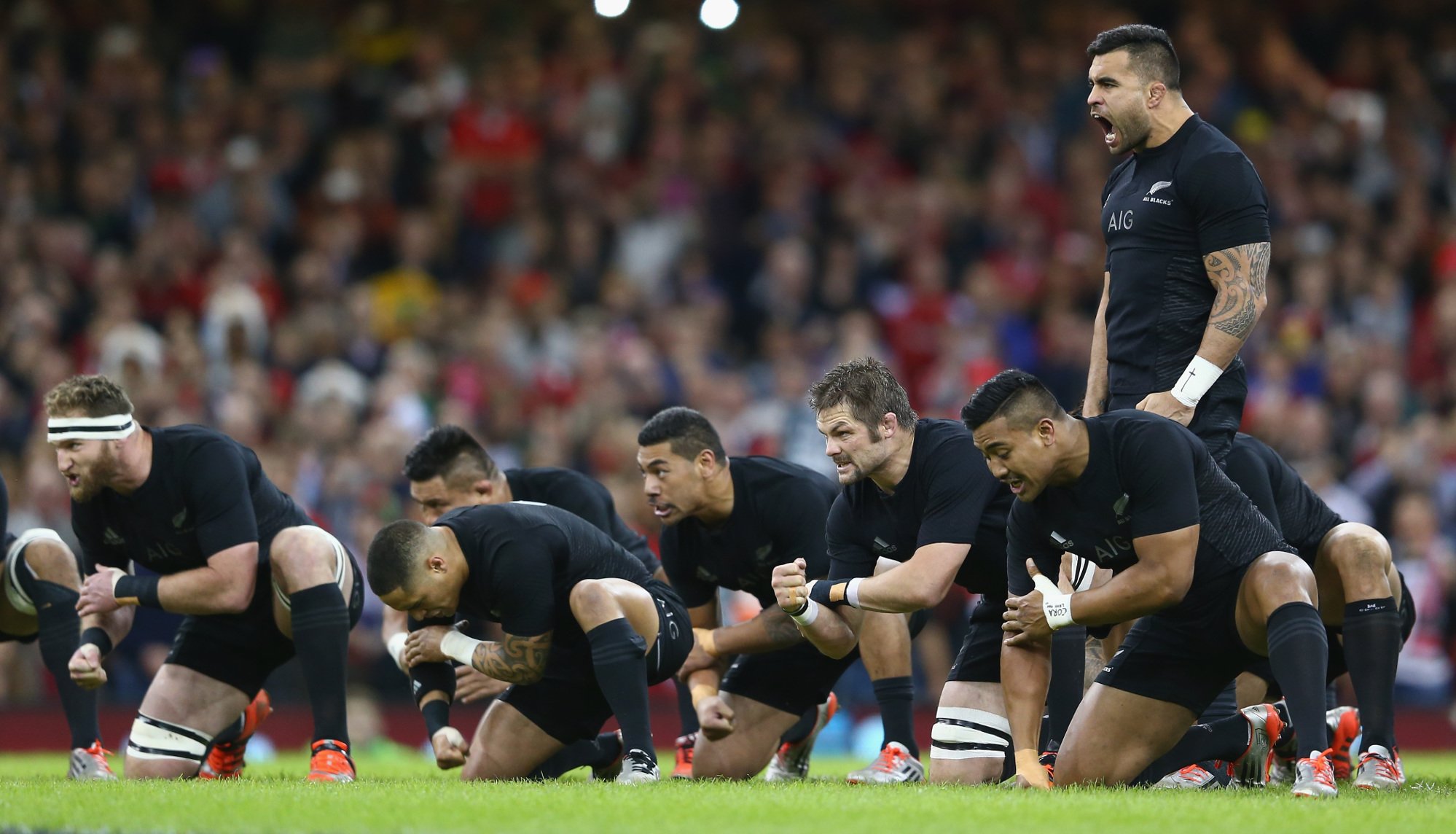With moves to the northern hemisphere confirmed for the likes of Brad Shields, Lima Sopoaga, Charlie Ngatai and Seta Tamanivalu, amongst others, in recent months, it has clearly prompted New Zealand Rugby (NZR) to act.
For some time now, New Zealand, as a nation, have been able to more efficiently retain their players than their fellow southern hemisphere rivals, Australia and South Africa, but with the ever-increasing wages of professional rugby players, that job is getting harder. The fear of an exodus has become real for the All Blacks.
Their response has been to propose a system whereby they will vet and pick preferred clubs in Europe and Japan for current or budding All Blacks to move to for a season or two, before returning to New Zealand and resuming their place at one of the Super Rugby franchises.
Considerations like playing style, coaching set-up and workload will be among the variables debated in this process. It is, in essence, an expansion of the sabbatical system which NZR have had in place for some time now, but with an attempt to have more control over the destination of the player.
It is hard not to see the benefits for the All Blacks here.
Why would you want to send a promising young player, perhaps on the cusp of international recognition, to a side that is going to play slow, attritional rugby for two years and then have them return with their conditioning shot to pieces and many of their skills blunted through lack of use?
Even acknowledging that and understanding that NZR aren’t going to do anything that’s not in their own interests, it still screams of arrogance.
From the implication that theirs is the only way to play and that any other kind of environment would see a player stop learning or even regress, to deeming certain clubs, over whom they have no jurisdiction or official relationship, worthier, is a horrible pill to swallow.
Then there is the impact on the northern hemisphere competitions to consider.
How will the French sides react if Kiwi players are actively told to avoid playing in the Top 14 due to the longer season? Or if Wasps, who it should be noted have just confirmed the arrivals of Shields and Sopoaga, are given preferential treatment over other English clubs?
God forbid NZR have any kind of ruling that Leinster is a more desirable destination than Munster and then push players down that route. There could be full-blown civil war in Ireland over that.
When Kiwi players leave New Zealand to go and play in Europe, NZR aren’t paying their wages. This isn’t some kindly benefactor loaning players to a team and wanting a say in how they continue to be developed, this is a player emigrating, moving to a new country, having their wages paid in full by their new club and no longer having an affiliation with NZR.
The model that NZR runs in New Zealand, all the way from schools rugby and the Mitre 10 Cup up to Super Rugby and the All Blacks, is exceptional. It works, and the All Blacks are the most adept rugby-playing side in the world. No one who has watched rugby over the last few years would dispute that.
At the borders of New Zealand, however, is where NZR’s jurisdiction ends.
The northern hemisphere may have been in the shadow of the southern for most of the professional era, but that is fast changing. England and Ireland are undoubtedly the two key challengers to New Zealand’s dominance of the international game and though Australia showed a brief resurgence midway through 2017, both South Africa and Argentina would struggle in the Six Nations, and the stock of both Wales and Scotland seems to be rising swiftly above them both.
There is plenty for Kiwi players to learn and improve on in the northern hemisphere and having the NZR guide them to clubs that look to mirror the All Blacks as closely as possible, is short-sighted.
The rest of the world has benefited from the intellectual property of Kiwi coaches moving abroad but the tables are beginning to turn somewhat, as there are certainly now lessons to be learned in Europe that could benefit rugby in New Zealand.
New Zealand may be the best Test side in the world, but they are not the moral guardians of the game, nor are they in charge of dictating how the game should be played.
The beauty of rugby is that it’s a game where matches can be won in so many different ways and there is no one ‘correct’ way of playing.
Don’t deny Kiwi players the opportunity to experience something different and broaden their horizons.












































































